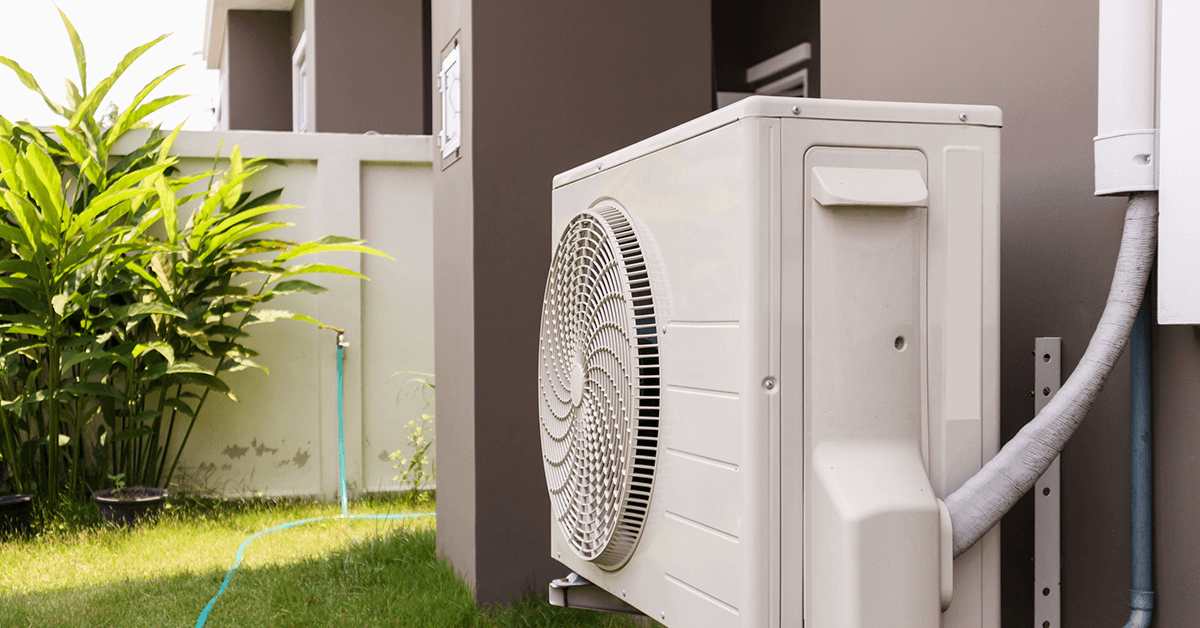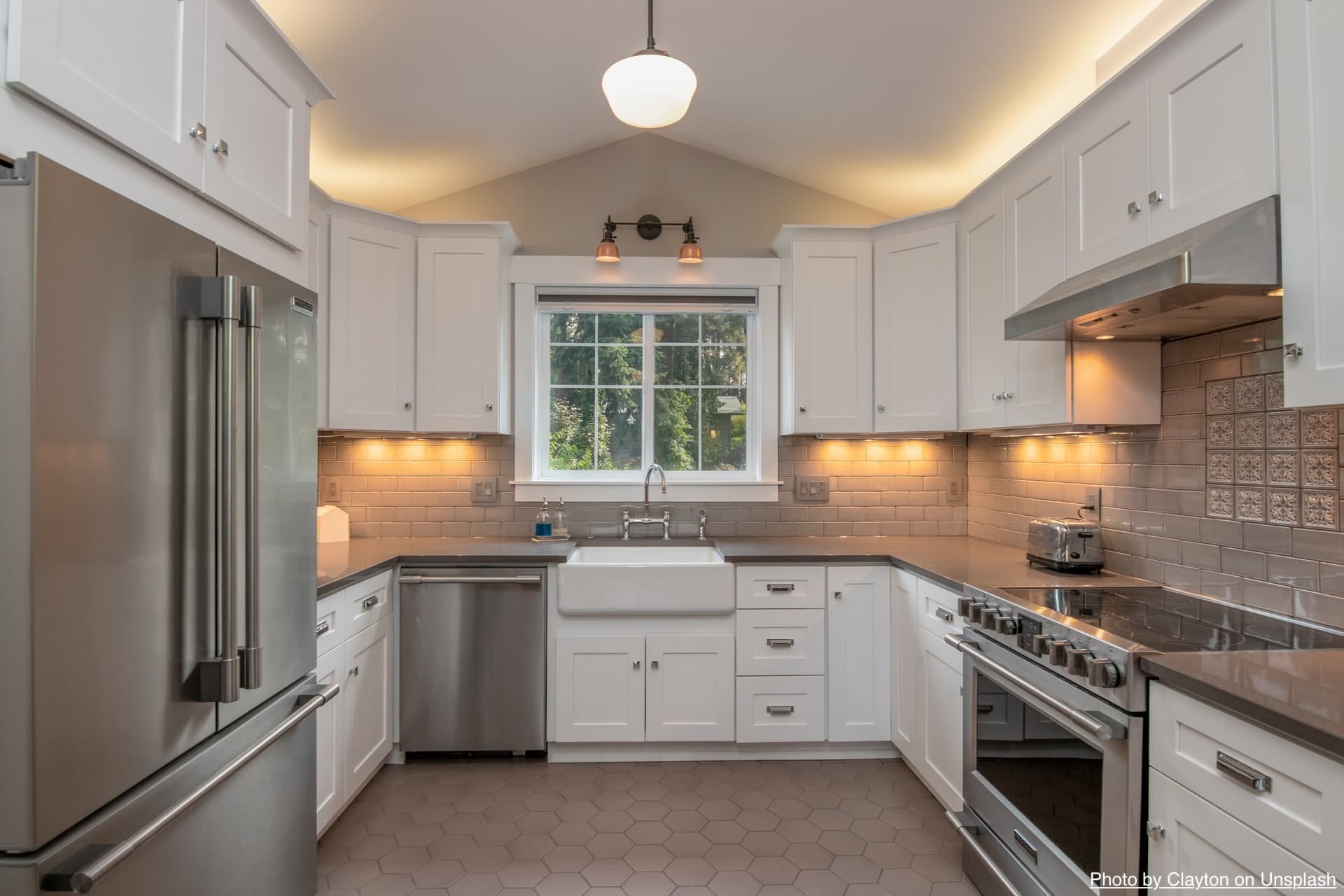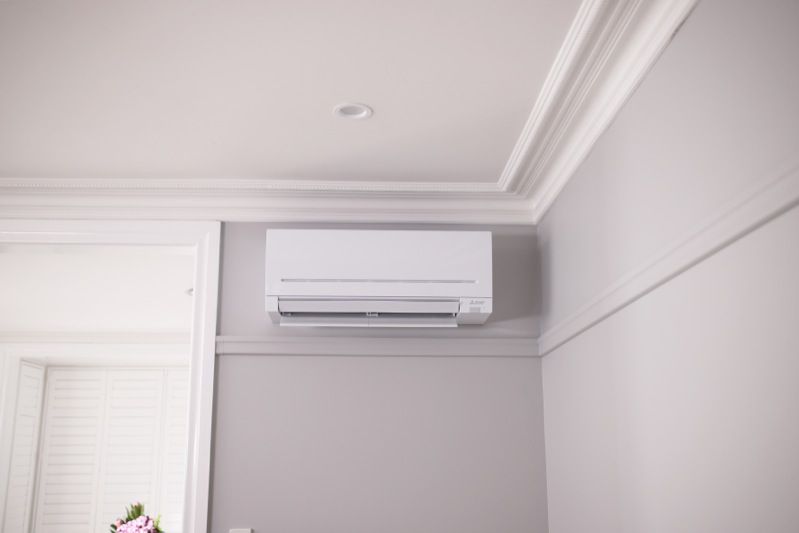Peoples Deeply Wishes to Purchase Less Consumable Energy AC

Although central air conditioning certainly uses more energy than tiny ones that are found on windows, or the split domestic air conditioners of recent times it is still possible to reduce cooling expenses by following a few these air conditioning guidelines regardless of the kind of air conditioning. Here at Climate Environmental, we provide a variety of air conditioning systems for homes for customers throughout Farnham.
Less Consume Energy Air Conditioners
Select domestic air conditioners that come with the energy star label so that you can be sure that the unit consumes less energy than conventional models available. The model of the domestic air conditioner isn’t a factor as both window and central energy star ACs provide similar cooling properties like their non-energy star counterparts, however they consume less energy. Energy star central ACs report that they use 14 percent less energy, whereas windows units run using at minimum 10% less energy than traditional ACs.
Don’t hesitate to upgrade your inefficient domestic air conditioners with energy star models in the event that your old ones have seen better days. Although energy star models are typically more expensive however, they can be recovered by paying lower energy costs as time passes. The energy efficiency numbers aren’t the same from one product to the next!
Temperature Settings
Setting up programmable thermostats to control the amount of cooling is a great way to reduce the power consumption and, consequently cost. It’s fine for you to adjust the temperature less than the norm when you’re at home. An ideal setting of 78 degrees will keep the room cool and comfortable without overloading systems for cooling. Extreme temperature changes are likely to use more energy.

But, adjusting the temperature to drop just a bit lower than the outdoor temperature (usually around 85°F) while away from home ensures that there is a minimal stress on the unit and allows it to swiftly get cool when it’s necessary.
Aeration wadding, Glazing
A properly ventilated attic space permits the majority of the heat that is absorption through the roofing to evaporate before it reaches the ceiling. As cooler air is more likely to settle it is crucial to make sure that all basement vents are sealed to stop cooling air from getting out into the air.
The insulation of the home will ensure that the cooling process, when it is achieved, isn’t impaired by air drafts that have no place in and out of house’s interiors. The sealing of crevices and cracks, particularly those between windows and doors, utility ducts, etc. will ensure the room’s coolness for longer.
Glass window panes with glazing or tinted panes or equipped with UV reflective coatings are a great way to stop heat from getting through the glass door and window panes.





